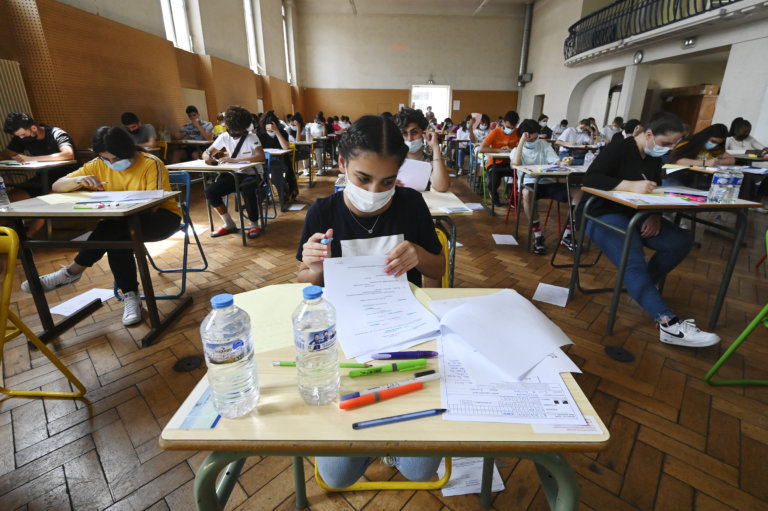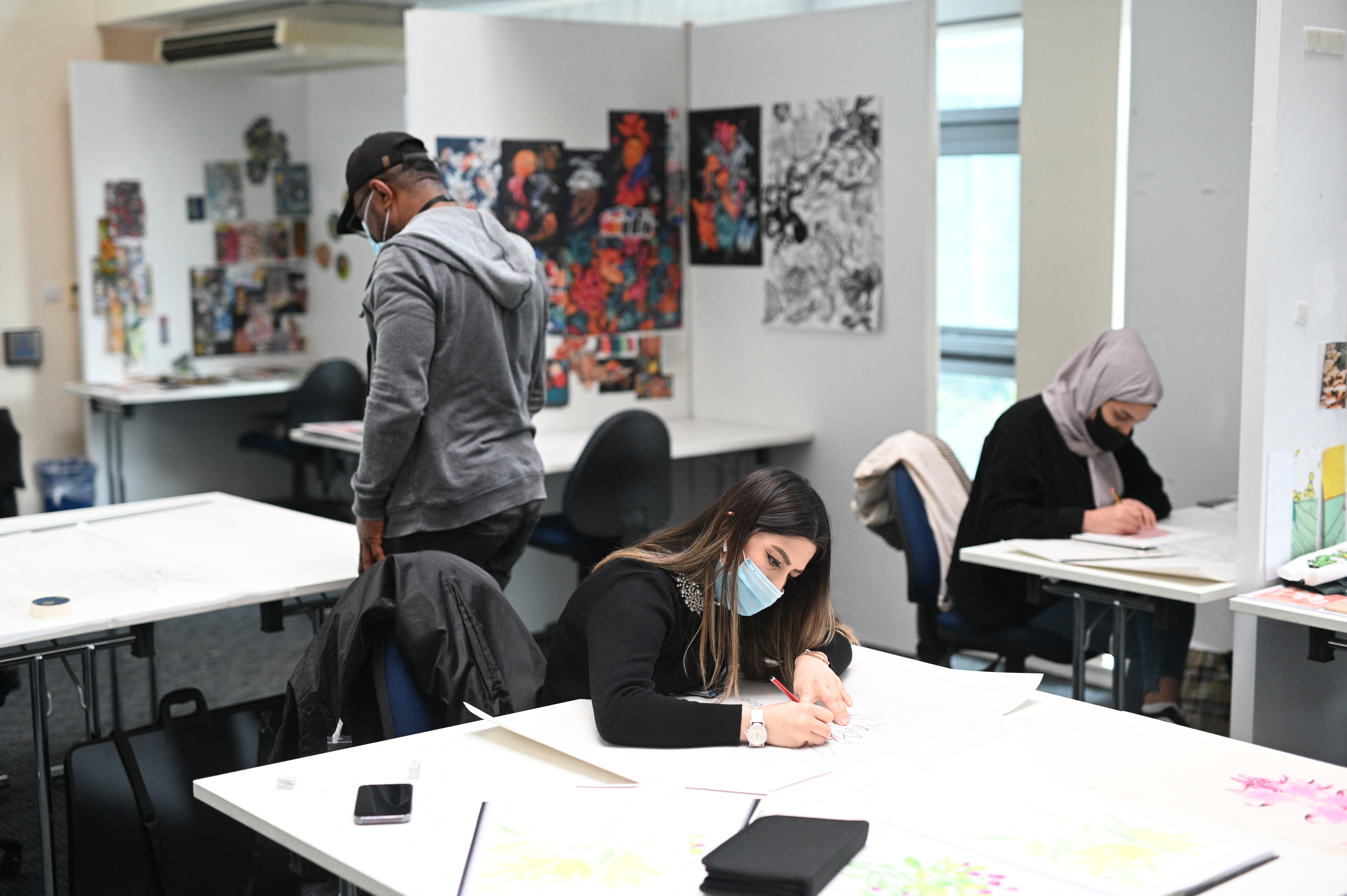
You’ve toiled endlessly for two years, burned the midnight oil to complete your assignments on time. Then exam season hits, and you wade through the final crucible that could dictate your immediate future. When results pour in, they aren’t what you expected — they’re even worse. It finally hits you: this is what exam failure feels like when you don’t make the cut for an International Baccalaureate (IB) diploma.
No one wants to feel crushed under the weight of failure. As unlikely as the situation might be, failing your IB could be a looming possibility for a number of reasons. Whether you’ve always struggled with the demands of the IB syllabus, or unforeseen circumstances creeping up affecting your performance on exam day, knowing that you’ve botched your IB exams is nerve-racking to say the least.
IB exams: 4 things to know if you failedhttps://t.co/YvTB5xGtLB pic.twitter.com/jsqXqp8Hao
— Study International (@Study_INTNL) July 20, 2021
What score do I need to pass the IB?
The minimum passing score required for a full Diploma Programme is 24, assuming all other conditions of assessment have been met. The IB is assessed both internally and externally, and the exams have high levels of objectivity and reliability, hence forming the basis of your assessment.
With so many components to fulfil, the pressure might be a lot to take on for some students. Failing your IB isn’t the end of the world though, and for every stumble along your education, there’s always a way to pick yourself up again. Here are some options to keep in mind when you’re feeling lost:
How to rebound from IB from exam failure:
Resitting for your IB
The good news with failure? It opens up opportunities to learn from your mistakes. IB candidates may retake some or all six academic subjects, as long as these subjects are available in their IB World School offering the Diploma Programme (DP). Some restrictions may apply, and it is up to you to consult with your DP coordinator before registration, as an IB World School has no obligation to approve retake candidates.

Speak to your teachers and advisors on the best way to proceed if you’re thinking about retaking the IB exams to help you gain insights on what you can improve on. Source: Daniel Leal/AFP
If you’re currently taking the exams ending on May 23, 2022, your results will be issued on July 6. The next exam session will commence in November, so keep your eyes open for updates on registration dates for a retake. Consider the timeline between exams too. How long will you need to feel completely ready to retake the test? Speak to your teachers, counsellors, and friends who have done well to help you devise a realistic study plan to ensure success the second time around.
Consider pathway programmes
If you’re an international IB student looking for other options, pathway programmes bridge the gap between your secondary education and first-year undergraduate experience by offering specialised courses tailored to your intended degree programme. They are typically called “Foundation Year” or a “University Transfer Programme ”, which allow direct entry into a first or second year undergraduate programme in your chosen university.

Pathway programmes target skills and knowledge required for specific undergraduate degrees to better prepare international students for their university years. Source: Oli Scarff/AFP
The course duration depends on your existing results and English language proficiency. You also gain the added advantage of using the university’s facilities and resources, which can help you target areas of improvement to work on the skills needed to ace your undergraduate years.
Apprenticeships and trade schools
If you’re a hands-on learner, degree apprenticeships and trade schools combine work-study experience where you get the best of both worlds from the get-go. This option is best for those who have a good idea of the kind of career they’d like in the future. You’ll need to juggle between being a student and an employee in your workplace, which can be a rewarding experience if you have the mettle to handle the demands required of the programme.
Entry requirements will vary by programme and country, so check your local schools to see what options are available for you. For international students, certain restrictions may apply due to conditions stipulated on your student visa. Be sure to read all the fine print on your apprenticeship programme, so you don’t exceed capped work hours as a student visa holder.










